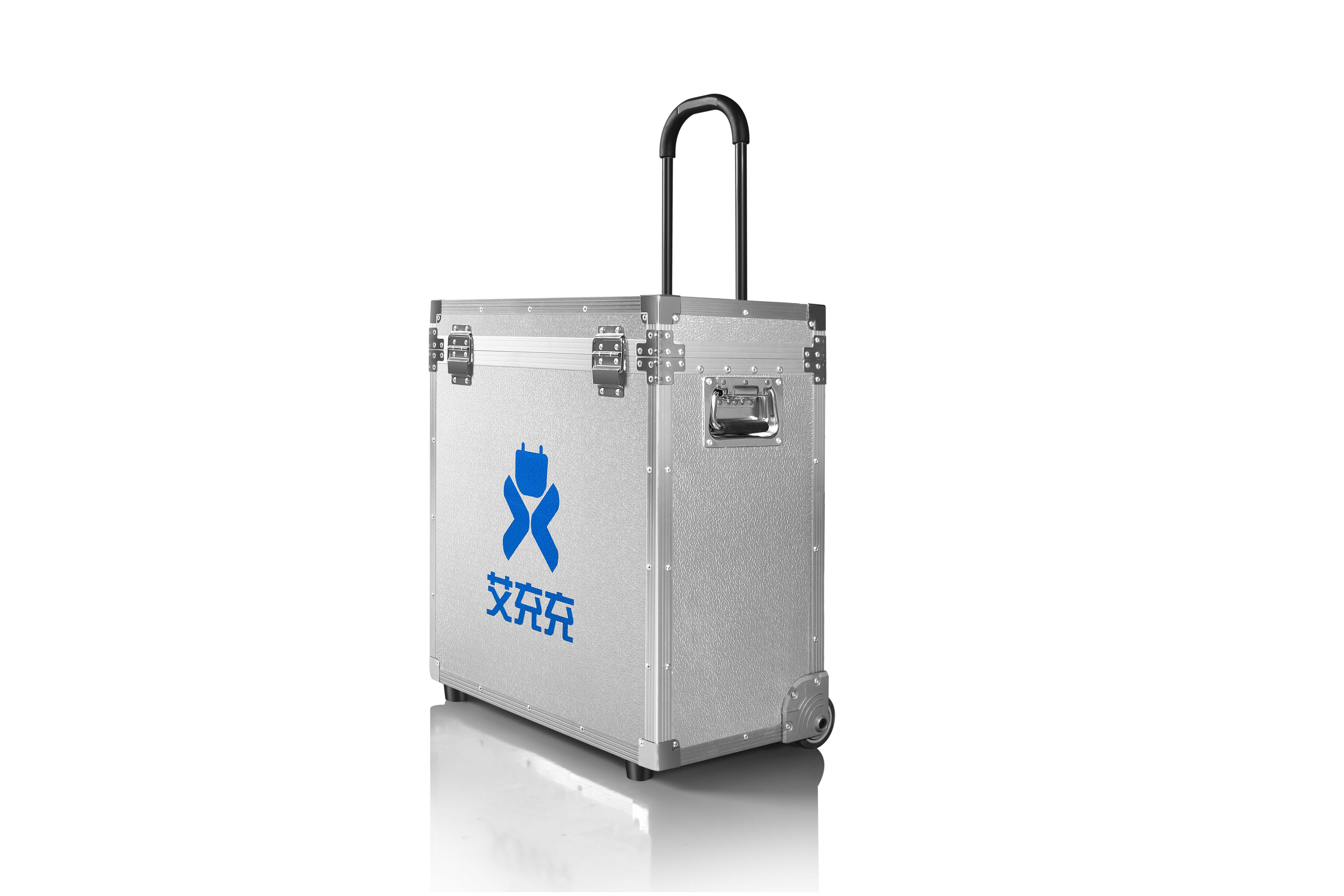
Dec . 04, 2024 21:42 Back to list
commercial energy storage
The Rise of Commercial Energy Storage Transforming the Future of Energy Management
As the world grapples with climate change and the urgent need to shift from fossil fuels to sustainable energy sources, commercial energy storage is emerging as a vital component in the transition to a greener economy. With the increased reliance on renewable energy sources such as solar and wind, the ability to store energy efficiently has become crucial for managing fluctuations in energy supply and demand. This article explores the significance of commercial energy storage in today’s energy landscape, its benefits, challenges, and future prospects.
Commercial energy storage refers to systems that store energy generated from renewable sources, which can be used later when demand peaks or when generation is low. These systems are typically deployed in large-scale facilities, including businesses, factories, and utilities. Energy storage technologies, including lithium-ion batteries, flow batteries, and pumped hydro storage, are evolving rapidly, making energy storage not only practical but also economically viable for commercial applications.
One of the key benefits of commercial energy storage is its ability to enhance energy reliability and resilience. Businesses often face steep electricity costs during peak hours when demand surges. By utilizing energy storage, companies can charge their systems during off-peak hours when electricity prices are lower and discharge stored energy during peak hours, thus reducing their energy bills significantly. This capability is particularly attractive for industries with high energy demands, such as manufacturing and data centers.
Furthermore, commercial energy storage can help stabilize the grid. As more renewable energy sources feed into the power grid, their intermittent nature can lead to instability. Energy storage systems act as buffers that can absorb excess energy during periods of high generation, like sunny or windy days, and release it during periods of low generation. This not only ensures a consistent energy supply but also minimizes grid congestion and reduces the need for peaking power plants, which often rely on fossil fuels.
commercial energy storage

In addition to economic benefits, energy storage supports sustainability efforts
. By facilitating the integration of renewable energy sources, commercial energy storage systems contribute to reducing greenhouse gas emissions. This aligns with corporate sustainability goals, helping companies to meet regulatory requirements and appeal to environmentally conscious consumers.However, the deployment of commercial energy storage is not without its challenges. One significant barrier is the upfront cost of purchasing and installing these systems. Although prices for batteries have dropped significantly in recent years, the initial investment can still be daunting for many companies. Financial incentives, such as grants and tax credits, are essential to support wider adoption. Additionally, concerns regarding the longevity and recycling of batteries need to be addressed. Companies must consider the environmental impact of battery disposal and invest in technologies and practices that mitigate these effects.
Moreover, as the market for commercial energy storage continues to grow, there is a pressing need for standardized regulations and policies. Clear guidelines can help foster innovation, ensuring a safe and efficient deployment of energy storage systems. Stakeholder engagement, including collaboration between governments, industry leaders, and researchers, is critical for building a unified approach to energy storage.
Looking to the future, the commercial energy storage sector is poised for tremendous growth. Advancements in technology, coupled with decreasing costs, are likely to make energy storage even more accessible. As more companies recognize the economic and environmental benefits of these systems, we can expect to see widespread adoption across various sectors.
In conclusion, commercial energy storage represents a transformative opportunity in the quest for a sustainable energy future. By enhancing energy reliability, supporting grid stability, and contributing to emission reductions, energy storage systems play a critical role in the integration of renewables into the energy mix. While challenges remain, the ongoing innovation in this field promises to pave the way for a more resilient and sustainable energy landscape, benefiting not just businesses but society as a whole.
-
AI-Powered EMS with GPT-4-Turbo | Efficiency Boost
NewsAug.01,2025
-
Optimized Storage System for GPT-4-Turbo | High Performance
NewsJul.31,2025
-
AI Energy Management System w/ GPT-4 Turbo Efficiency
NewsJul.31,2025
-
High-Performance Energy Storage System for Reliable Power Solutions
NewsJul.30,2025
-
Advanced EMS Solutions for Energy Management System & Storage Battery Companies
NewsJul.29,2025
-
Intelligent Energy Management for Homes - Efficient Storage Solutions
NewsJul.29,2025























